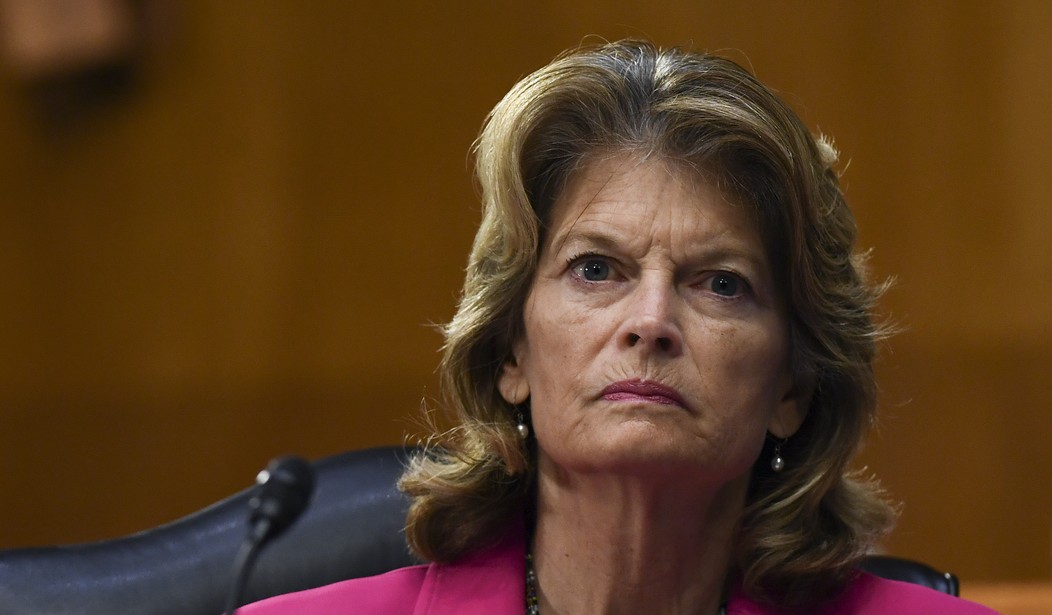Loyalty is a quality highly prized in people, especially political people.
But political loyalty can be ephemeral. It’s the “what have you done for me lately” syndrome that determines many politicians’ loyalty. For Donald Trump. who has thrown his share of politicians under the bus, loyalty is defined as personal fealty to his person.
It’s not a cause or party that Trump demands loyalty to. It is to him and him alone that loyalty is demanded and expected.
“I will not be endorsing, under any circumstances, the failed candidate from the great State of Alaska, Lisa Murkowski,” Trump said in a statement first reported by Politico. “She represents her state badly and her country even worse. I do not know where other people will be next year, but I know where I will be — in Alaska campaigning against a disloyal and very bad Senator.”
Murkowski may indeed be a “very bad senator” but is she really “disloyal”? To what or to whom? I suppose an argument can be made that she was disloyal to the Republican Party, although voting to convict a Republican president already out of office stretches the point.
Donald Trump believes Senator Murkowski was personally disloyal to him. And he will be taking personal revenge on her by opposing her re-election in 2022.
During Trump’s first public speech since leaving office, at the Conservative Political Action Conference late last month, he called Murkowski and other Republicans who backed impeachment “grandstanders” and “Republicans in name only,” or “RINOs.”
But earlier this week, McConnell committed that Senate Republicans will support Murkowski regardless of Trump’s actions.
“Absolutely,” McConnell, a Kentucky Republican, replied when asked by CNN if the National Republican Senatorial Committee would back Murkowski.
Murkowski and others who voted to convict Trump would argue that their vote was a vote of conscience. Does conscience supersede party and personal fealty? Many Republicans don’t think so. Some do. The question is why bring personal loyalty into the equation at all?
Because that’s who Donald Trump is.
The moderate Republican has experience surviving challenges from the right. In 2010, for example, after losing the Republican nomination (and GOP leadership’s support), she went on to win the general election as a write-in candidate. Also working in the senator’s favor this cycle may be a new “top four” system in the state, where all candidates run together in a nonpartisan primary and the four top finishers advance to the general election, where voters rank their preferences.
Murkowski could have caucused with the Democrats but chose the Republicans. That says something about loyalty, too.
I don’t blame Trump for holding grudges. It’s human to do so. But his revenge campaign to unseat Republicans who opposed him shows that Donald Trump has very little loyalty to the Republican Party. Why should he expect loyalty from them?
Who’s the ‘Real’ Republican: Trump or Rove?










Join the conversation as a VIP Member